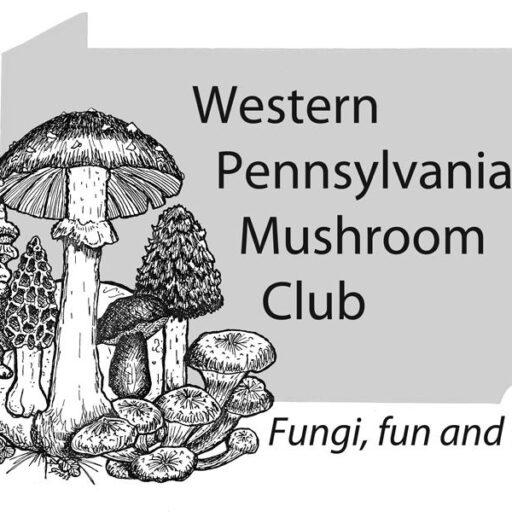The September meeting has been moved to September 9 so that it will not be the same week as the Lincoff Foray
Guest speaker Melissa K. McCormick
Melissa McCormick is a Senior Ecologist at the Smithsonian Environmental Research Center (SERC) and is the Director of the North American Orchid Conservation Center (NAOCC). She earned her B.S. degree from Trinity University in Texas in 1992 and Ph.D. in Ecology, Evolutionary Biology and Behavior from Michigan State University in 1999.
Melissa joined SERC in 1999, first as a postdoctoral researcher, then as a research scientist, and now as a senior ecologist. Her main research focus is on associations between plants and mycorrhizal fungi, with a strong focus on orchids.
In 2011, with Dennis Whigham, she co-founded NAOCC at SERC. The goal of NAOCC is to safeguard the native orchids of the US and Canada through propagation, preservation, and education. She has authored over 60 peer-reviewed scientific publications about orchids, their mycorrhizal fungi, their pollinators, and other drivers of plant distribution.
When the tables are turned: plants that eat fungi
Fungi are regularly thought of as decomposers–plant pathogens. But they also interact with plants in ways that are beneficial. Mycorrhizal fungi are essential for plant access to nutrients and water and for protection against pathogens. Sometimes the plant is even able to parasitize the fungus.
Over 10% of plant species can get all of their nutrients from fungi for at least part of their life. This includes all orchids, which rely completely on fungi for all nutrients from the time of seed germination until their first green leaves form. Melissa will introduce the plants that have evolved to take advantage of fungi and what it means for the ecology of both the plants and the fungi.


Recent Comments